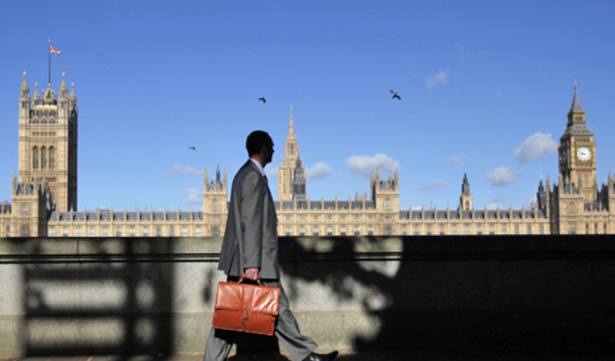
With no withdrawal agreement in place with less than 30 days to go until the UK’s departure from the EU, to uncertainties posed by US and China trade talks, how can investors protect their stocks and share Isas from the unknown?
This matters to all clients invested in UK stocks as the FTSE 100 faced a tumultuous year in 2018 and fell by more than 12 per cent year-on-year, data from the London Stock Exchange shows.
Geopolitical volatility
Heather Owen, financial planner at Quilter Private Client Advisers, says: “The most direct impact investors are likely to see on their stocks and shares Isas is increased volatility – movement in the overall value, whether it’s down or up.”
She adds: “A well-diversified investment will see your money spread across different regions around the world, as well as different types of investments – anything from wheat, to commercial property, to FTSE 100 companies, to government bonds.”
Frazer Fearnhead, chief executive of The House Crowd, agrees with Ms Owen's view that diversification is needed.
“Stocks and shares Isas are, by their nature, quite volatile. So in times of geopolitical tension investors' best bet is to diversify into alternative investments that have less volatility,” explains Mr Fearnhead.
Darius McDermott, managing director of Chelsea Financial Services, highlights the adverse impact Brexit has already had on the UK’s investment sector.
“According to the Investment Association, the political and economic uncertainty led to a sharp drop in retail fund sales: net retail sales in 2018 were £7.2bn, in comparison to £48.5bn in 2017,” he says.
Mr McDermott adds: “UK equity funds were particularly hard hit, with outflows of £4.9bn and the UK All Companies sector [UK growth sector] was the worst-selling sector overall. Add to this the fact that overseas investors are also shunning UK equities, and you can see the impact Brexit has had.”
Mr Fearnhead suggests: “The continued popularity of stocks and shares will therefore depend significantly on levels of volatility and the changing geopolitical landscape.”
But Jason Witcombe, a chartered financial planner at Progeny Wealth, thinks the geopolitical risks affecting stocks and share Isas are overstated.
He explains: “Right now, Brexit is on many investors’ minds but next year it may be something different.
"I don’t see political or economic uncertainty as a good reason for putting off making Isa subscriptions or, in fact, for changing the investment strategy."
Alternative investments
Many have suggested that investing in an alternative asset class may be the way forward to reduce the impact of geopolitical risks on stocks and shares held in Isas.
Mr McDermott says: “The uncertainty can have two major impacts: the first is that people simply stop investing; and the second is that, if they do invest, they pick asset classes that are deemed to be less risky.”
He believes investors will favour investing in global equity funds and multi-asset funds over stocks and share Isas.






